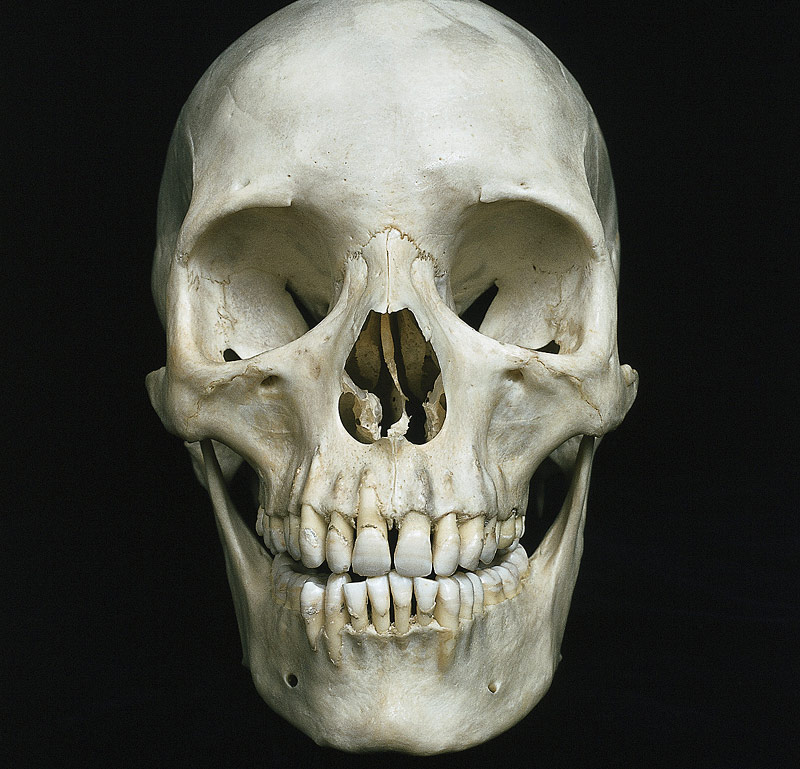TUESDAY, Feb. 2, 2016 (HealthDay News) — Scientists report they may be one step closer to using stem cells to replace damaged skull and facial bones in people who experience a head trauma or undergo cancer surgery.
The researchers discovered and isolated stem cells capable of repairing these bones in mice. One day, this discovery might be used in human reconstructive surgeries, the scientists added.
Led by Takamitsu Maruyama at the University of Rochester Medical Center in Rochester, N.Y., the research team said its findings could also help those born with a skull deformity known as craniosynostosis, which can lead to developmental delays and pressure on the brain.
In the study, the scientists investigated the role of the Axin2 gene in bone formation and regeneration. They also examined a specific mutation that causes craniosynostosis in mice.
They found that stem cells involved in skull formation are contained within this cell population. These cells are specific to the bones in the head and are very different from other stem cells involved in the formation of the bones in the legs and other parts of the body.
Tests to uncover these cells could also help doctors detect bone diseases caused by stem cell abnormalities, the researchers added.
The research was published Feb. 1 in the journal Nature Communications.
Research involving animals often fails to provide similar results in humans.
More information
The U.S. National Institutes of Health provides more information on stem cells.
Copyright © 2026 HealthDay. All rights reserved.

